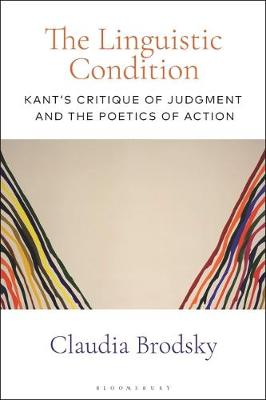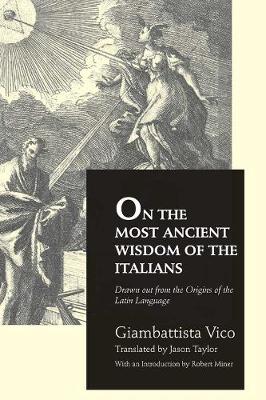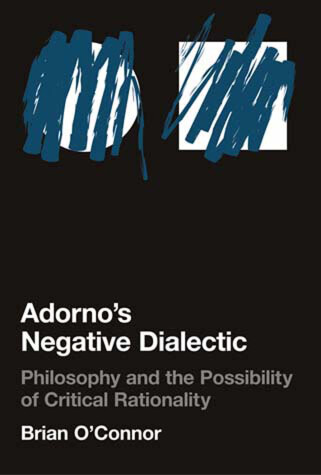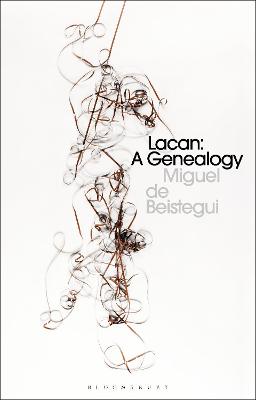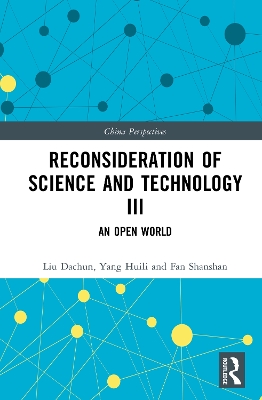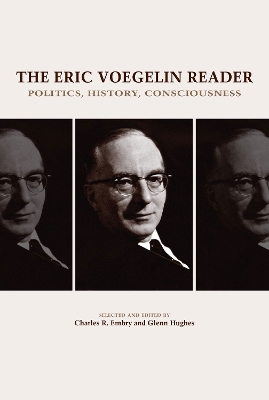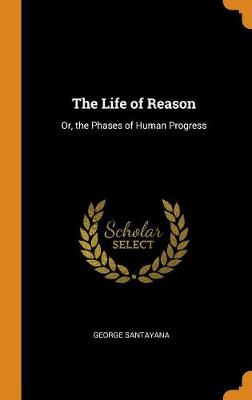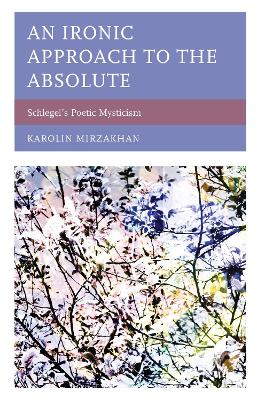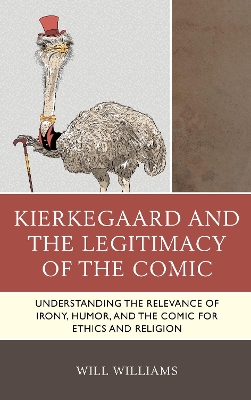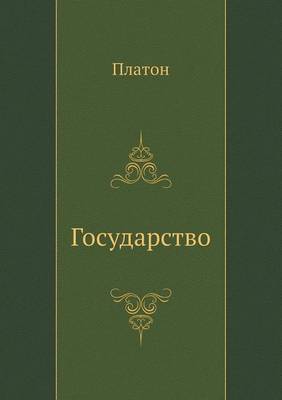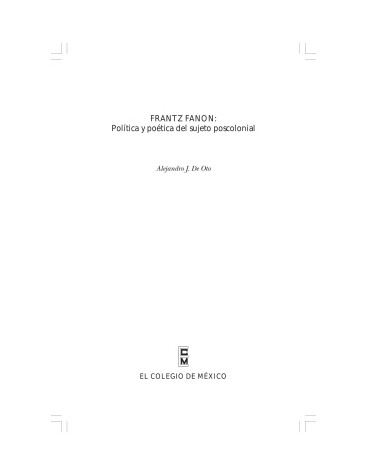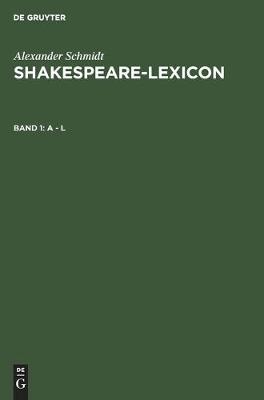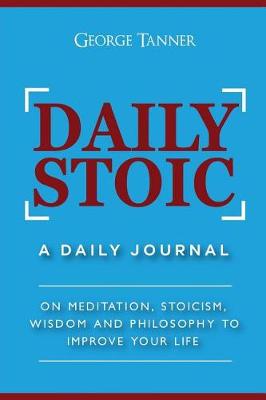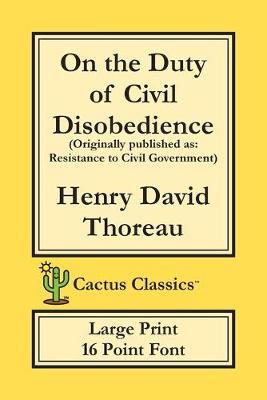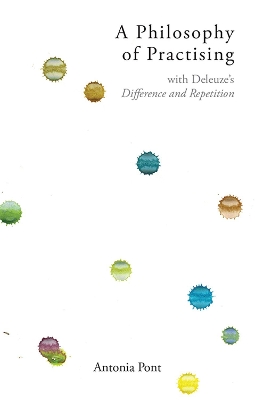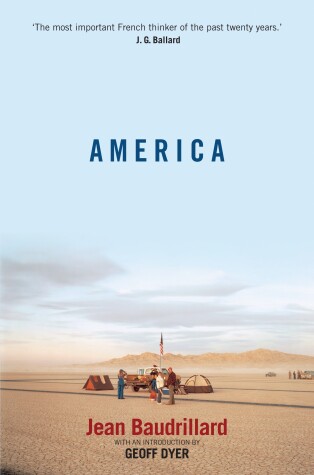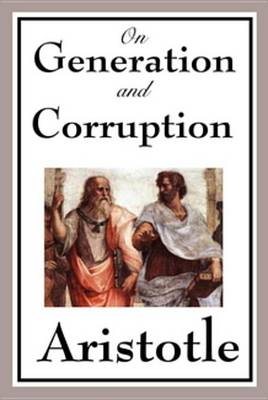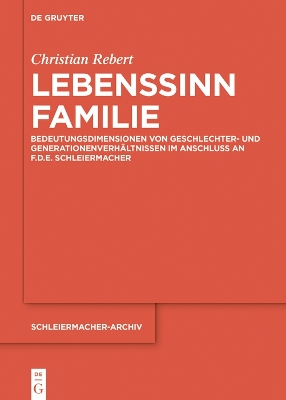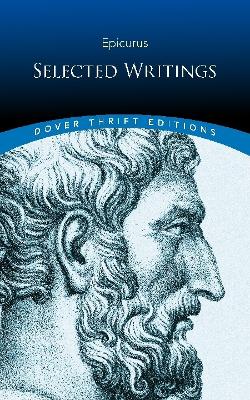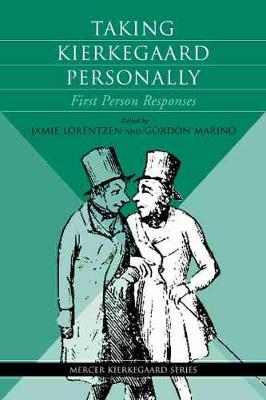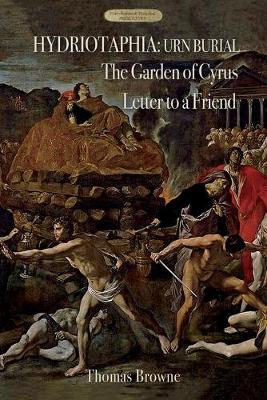Love in the Void (Plough Spiritual Guides: Backpack Classics)
by Simone Weil
Simone Weil, the great mystic and philosopher for our age, shows where anyone can find God. Why is it that Simone Weil, with her short, troubled life and confounding insights into faith and doubt, continues to speak to today's spiritual seekers? Was it her social radicalism, which led her to renounce privilege? Her ambivalence toward institutional religion? Her combination of philosophical rigor with the ardor of a mystic? Albert Camus called Simone Weil "the only great spirit of our time." A...
Providing a unique interpretation of Kant's theory of judgement as integral to his overall project, Claudia Brodsky explores his continued relevance to contemporary theoretical concerns. The Linguistic Condition traces how Kant combined sensus communis, or common sense with the communicative nature of judgement to reveal that, for him, acts of judgement are dependent on their linguistic articulation, so that in Kantian philosophy language and judgement are inextricably linked. In this first in-d...
This volume comprises a new critical edition of Vico's original Latin text and a faithful translation of this early work on metaphysics. Robert Miner's introduction offers valuable guidance in understanding this challenging text and assessing its significance.
God and Being (Contemporary Studies in Philosophy & the Human Sciences)
by Jeff Owen Prudhomme
The author interprets the relation to Heidegger's ontology to theology in terms of a correlation. He develops his inquiry from several different perspectives: a brief overview of Heidegger's thought; an overview of the traditional connections of God and being, between ontology and theology, and of the necessity of the connection; an overview of the theological reception of Heidegger's work; and finally a discussion of the current situation in theology.
Adorno's Negative Dialectic (Studies in Contemporary German Social Thought)
by Brian O'Connor
The purely philosophical concerns of Theodor W. Adorno's negative dialectic would seem to be far removed from the concreteness of critical theory; Adorno's philosophy considers perhaps the most traditional subject of "pure" philosophy, the structure of experience, whereas critical theory examines specific aspects of society. But, as Brian O'Connor demonstrates in this highly original interpretation of Adorno's philosophy, the negative dialectic can be seen as the theoretical foundation of the re...
Lacan: A Genealogy provides a genealogical account of Lacan’s work as a whole, from his early writings on paranoid psychosis to his later work on the real and surplus enjoyment. Beistegui argues that Lacan's work requires an in-depth genealogy to chart and interpret the his key concept of desire. The genealogy is both a historical and critical approach, inspired by Foucault, which consists in asking how – that is, by what theoretical and practical transformations, by the emergence of which dis...
Reconsideration of Science and Technology III (China Perspectives)
by Liu Dachun, Yang Huili, and Fan Shanshan
Drawing on debates from traditional and postmodern thoughts on science and technology, the title builds a new theoretical framework to reconsider science and technology, integrating the opposing viewpoints that either justify science or negate it. As the third volume of a three-volume set that proposes to reconsider science and technology and explores how the philosophy of science and technology responds to an ever-changing world, this final volume seeks to restore the cultural implications of...
By the time Eric Voegelin fled Hitler's regime and made his way to the United States in 1938, he had already written four books criticizing Nazi racism, establishing what would be the focus of his life's work: to account for the endemic political violence of the twentieth century. One of the most original political philosophers of the period, Voegelin has largely avoided ideological labels or categorizations of his work. Because of this, however, and because no one work or volume of his can do j...
Comparing the lived world with the ideal world, noted American philosophical naturalist, poet, and literary critic George Santayana (1863-1952) seeks in this influential compilation of his earlier works to outline the ancient ideal of a well-ordered life, one in which reason is the organizing force that recognizes the need to allocate science, religion, art, social concerns, and practical wisdom their proper role and appropriate emphasis within the fully developed human experience.
An Ironic Approach to the Absolute: Schlegel's Poetic Mysticism brings Friedrich Schlegel's ironic fragments in dialogue with the Dao De Jing and John Ashbery's Flow Chart to argue that poetic texts offer an intuition of the whole because they resist the reader's desire to comprehend them fully. Karolin Mirzakhan argues that although Schlegel's ironic fragments proclaim their incompleteness in both their form and their content, they are the primary means for facilitating an intuition of the Abso...
While some see the comic as trivial, fit mainly for amusement or distraction, Soren Kierkegaard disagrees. This book examines Kierkegaard's earnest understanding of the nature of the comic and how even the triviality of comic jest is deeply tied to ethics and religion. It rigorously explicates terms such as "irony," "humor," "jest," and "comic" in Kierkegaard, revealing them to be essential to his philosophical and theological program, beyond aesthetic interest alone. Drawing centrally from Kie...
Frantz Fanon (Estudios de Asia y Africa, A/103)
by Alejandro J De Oto
Georg Wilhelm Friedrich Hegel was one of the most influential philosophers of the 19th century. Unfortunately, his work is notoriously difficult to understand. There is thus a need for a clear presentation of his major philosophical contributions to help students and other interested persons in approaching the work of this important thinker.Philosopher Michael Allen Fox admirably fills this need in this lucid explanation of Hegel's ideas. Fox discusses at length the chief component of Hegel's...
On the Duty of Civil Disobedience (Cactus Classics Large Print)
by Henry David Thoreau and Marc Cactus
Antonia Pont shows us how to identify when practising is happening and explains, using the early philosophy of Gilles Deleuze, how it fosters transformation, and gives us access to deep memory and rest, while also cultivating stability and responsiveness in the present. Practising, in other words, gives us three kinds of time instead of one. Practising involves an interweaving of differences expressing themselves among intentional repetitions. By engaging in practising, we open times other than...
In America, France's leading philosopher of postmodernism took to the freeways to produce a collection of traveler's tales from the land of hyperreality. From the sierras of New Mexico to the streets of New York and LA by night-- a sort of luminous, geometric, incandescent immensityA"--Baudrillard mixes apercus and observations with a wicked sense of fun to provide a unique insight into the country that dominates the world. In this new edition, leading cultural critic and novelist Geoff Dyer off...
The teachings of Epicurus, whose philosophy focused on the pursuit of happiness, attracted adherents throughout the ancient Mediterranean world and deeply influenced later European thought. The Philosophy of Epicurus contains a long introductory essay on the philosophy of Epicurus and a selection of primary texts. In in George K. Strodach translates excerpts from "The Life of Epicurous" by Diogenes Laertius, letters to Herodotus, Pythocles, and Menoeceus with parallel passages from Lucretius, an...
Taking Kierkegaard Personally (Mercer Kierkegaard)
Taking Kierkegaard Personallyis a one-of-a-kind volume in which scholars from the world over address personal, existential lessons that Kierkegaard has taught them. Papers were selected from the June 2018 International Kierkegaard Conference, sponsored by the Howard V. and Edna H. Hong Kierkegaard Library at St. Olaf College. The Conference's prompt-The Wisdom of Kierkegaard: What Existential Lessons Have You Learned from Him?-compelled scholars to drop their guards and write primarily in first...
Hydriotaphia (Urn Burial); The Garden of Cyrus; Letter To A Friend
by Sir Thomas Browne

